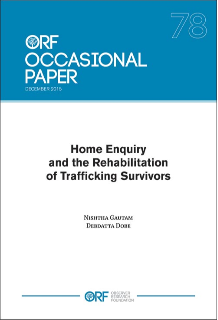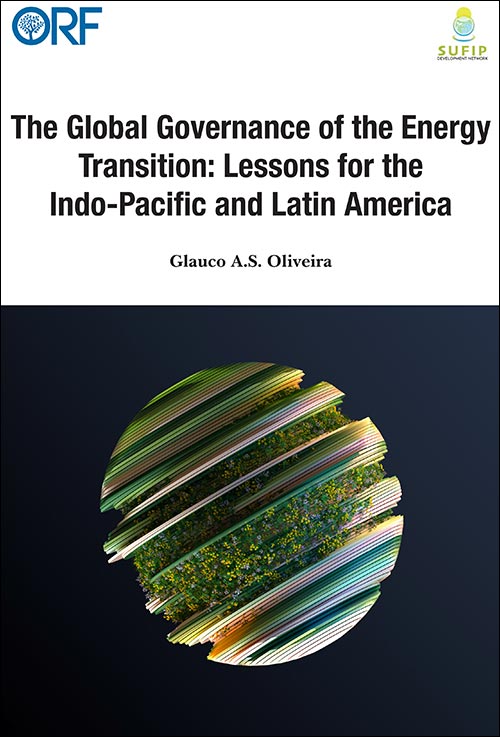Human traffcking remains a highly acute issue in India and rehabilitation efforts must be stepped up to make sure that those rescued from these hazardous situations are given a chance to rejoin mainstream society. However, various loopholes exist in the judicial and executive processes involved in the country’s rehabilitation systems. This paper describes such problems evident in the process of home enquiry for the rescued victims: fraught with errors and subject to negligence, the process often leads to unfavourable decisions for rehabilitation. The authors examine these concerns and other recommendations.
-
FORUMS
- Raisina Dialogue
- Cape Town Conversation
- The Energy Transition Dialogues
- CyFy
- CyFy Africa
- Kigali Global Dialogue
- BRICS Academic Forum
- Colaba Conversation
- Asian Forum on Global Governance
- Dhaka Global Dialogue
- Kalpana Chawla Annual Space Policy Dialogue
- Tackling Insurgent Ideologies
- Climate Action Champions Network

 PDF Download
PDF Download



 PREV
PREV



.png)